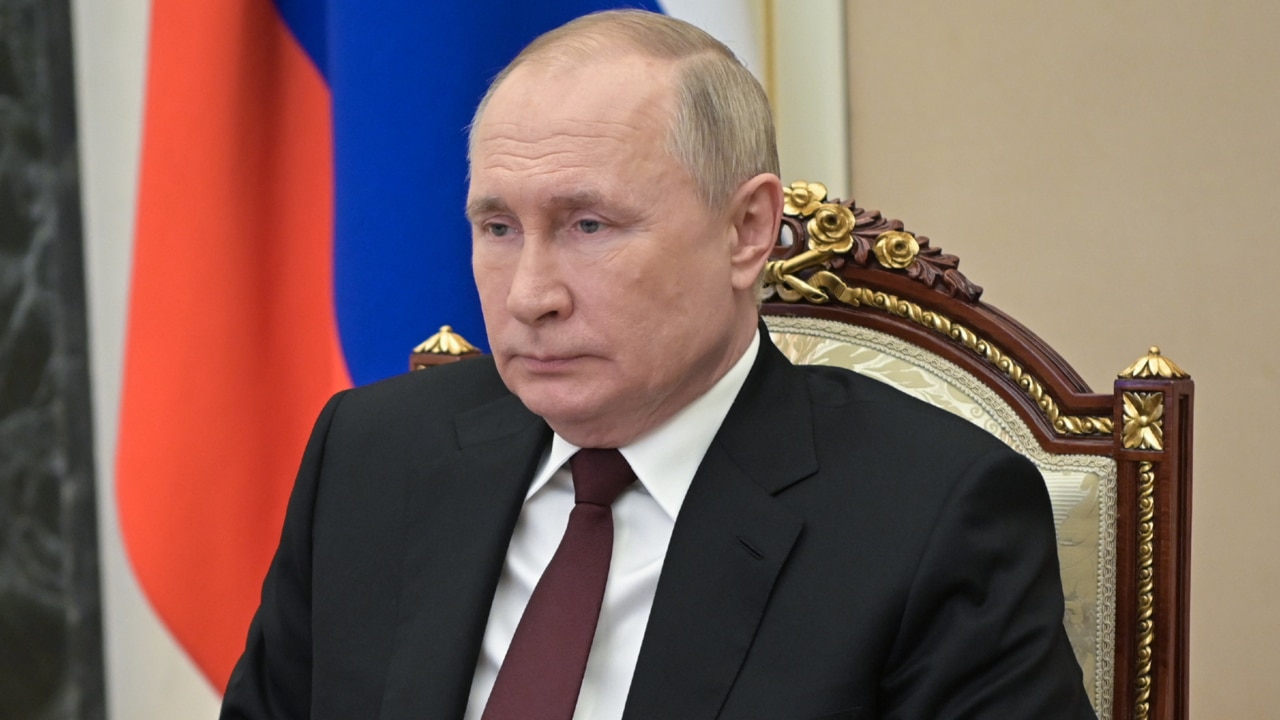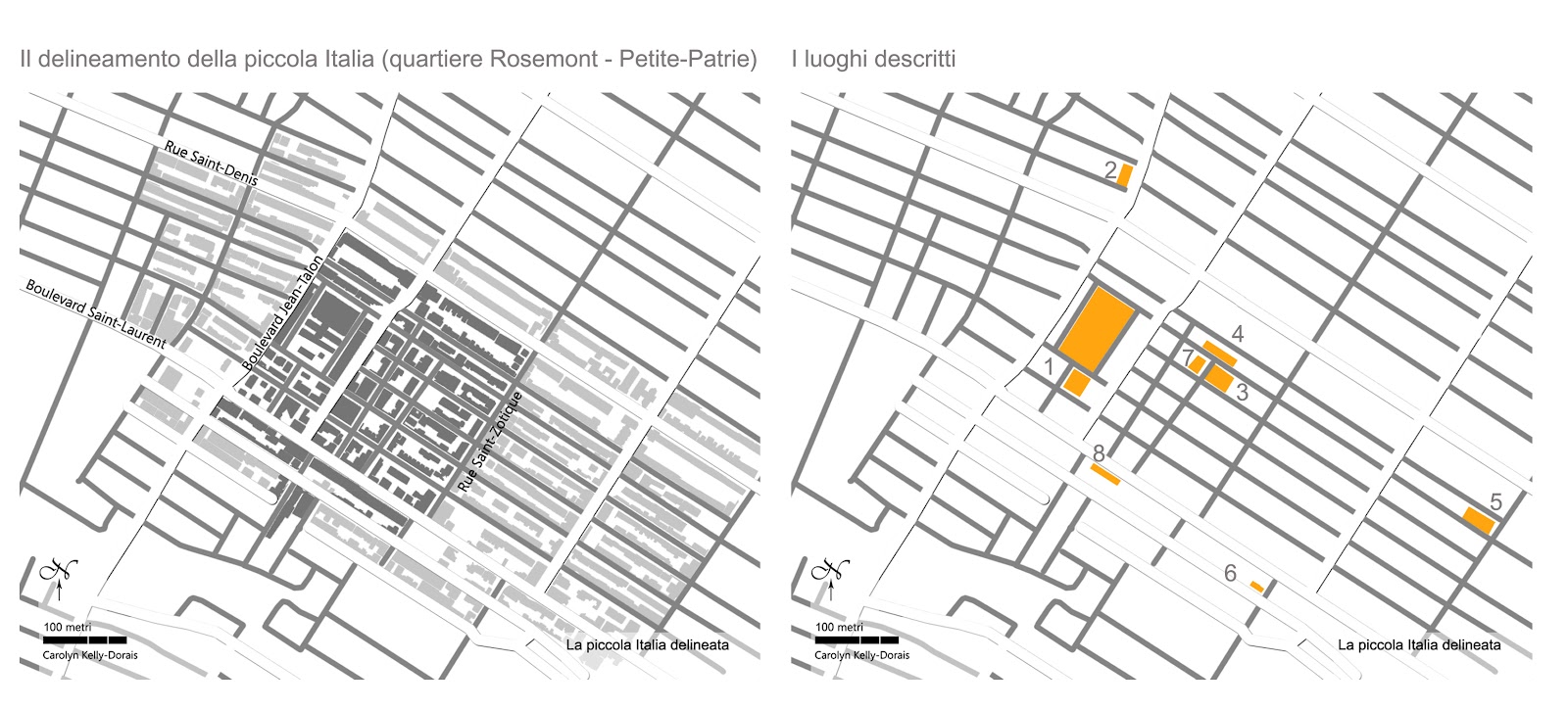Tariff Tensions: Switzerland And China Push For Diplomatic Solutions

Table of Contents
Switzerland's Stance on Trade Disputes with China
Switzerland boasts a significant economic relationship with China, serving as a key trading partner and investment destination. Swiss exports to China encompass a wide range of high-value goods, including pharmaceuticals, precision instruments, and, notably, luxury watches – all potentially vulnerable to escalating tariffs. Switzerland's approach to resolving trade disputes emphasizes diplomacy and multilateral cooperation. Its strategy centers on leveraging its participation in international organizations, like the World Trade Organization (WTO), to advocate for fair trade practices and resolve disagreements through established channels.
- Specific examples of Swiss goods affected by tariffs: While currently limited, recent minor tariffs on certain watch exports demonstrate the vulnerability of Swiss high-value goods. Further escalation could significantly impact other sectors.
- Details on Switzerland’s participation in relevant international trade organizations (WTO): Switzerland is an active and committed member of the WTO, utilizing its dispute settlement mechanisms to address trade-related conflicts. It actively participates in WTO committees and working groups, advocating for a rules-based international trading system.
- Mention of any specific Swiss government initiatives aimed at de-escalating tensions: The Swiss government has engaged in high-level diplomatic discussions with Chinese officials, emphasizing the mutual benefits of a stable and predictable trade environment. These initiatives include bilateral trade talks and participation in joint economic commissions.
China's Perspective and Proposed Solutions
For China, Switzerland represents a crucial gateway to European markets and a source of advanced technology and expertise. China's approach to trade negotiations generally involves a blend of assertive advocacy for its national interests and a willingness to engage in diplomatic discussions. While China hasn't explicitly proposed large-scale concessions to Switzerland concerning tariffs, its overarching trade policy prioritizes balanced economic relationships and a rules-based international trading system – at least in principle. This suggests a potential willingness to find mutually beneficial solutions.
- Examples of Chinese goods impacted by potential Swiss tariffs (if any): While Switzerland hasn't implemented significant tariffs on Chinese goods, any retaliatory measures from China could impact various sectors, particularly those involving electronics and textiles.
- Details on China’s recent trade policies and their implications for Switzerland: China's recent emphasis on domestic consumption and technological self-reliance could affect its import demands from Switzerland in the long term. However, Switzerland's specialized expertise remains highly valued.
- Specific instances of diplomatic initiatives undertaken by China: China has actively participated in bilateral discussions with Switzerland, affirming its commitment to maintaining stable trade relations and fostering economic cooperation.
The Role of International Organizations in Mediating the Dispute
The WTO plays a crucial role in mediating trade disputes between member states. Its dispute settlement mechanism provides a structured framework for resolving trade conflicts through consultations, panels, and appeals. While the current tensions between Switzerland and China haven't yet escalated to formal WTO dispute settlement proceedings, the potential for involvement remains. International pressure from other WTO members could significantly influence both countries' approaches to finding a resolution.
- Specific examples of past WTO rulings impacting similar trade disputes: Past WTO rulings have established precedents for resolving tariff disputes, highlighting the importance of adhering to established trade rules and avoiding unilateral actions.
- Mention of any relevant upcoming WTO meetings or discussions: Ongoing WTO meetings and discussions on trade liberalization could indirectly influence the Swiss-Chinese dialogue, providing a platform for addressing broader trade concerns.
- Analysis of the strengths and weaknesses of international mediation in this context: The WTO system provides a transparent and impartial mechanism for dispute resolution, but its effectiveness relies on the willingness of both parties to participate constructively and abide by the rulings.
Potential Outcomes and Future Implications
Several scenarios could unfold regarding the Swiss-Chinese tariff tensions. A successful negotiation could lead to a mutually agreeable resolution, reinforcing economic ties and boosting investor confidence. However, continued tensions could result in further tariff escalations, harming bilateral trade and potentially impacting wider geopolitical relations. The long-term implications for the Swiss-Chinese relationship depend heavily on the chosen path.
- Optimistic and pessimistic scenarios regarding the future of trade relations: An optimistic scenario involves strengthened diplomatic ties and a mutually beneficial trade agreement. A pessimistic scenario could see a significant downturn in trade volume and strained political relations.
- Potential impact on investor confidence and foreign direct investment: Uncertainty surrounding the tariff dispute could negatively affect investor confidence and reduce foreign direct investment flows between the two countries.
- Analysis of the broader geopolitical implications of the dispute: The dispute could have wider geopolitical implications, influencing the broader relationship between Europe and China and potentially impacting the stability of global trade.
Finding Common Ground: The Future of Swiss-Chinese Trade Relations through Diplomatic Solutions
In conclusion, the current tariff tensions between Switzerland and China underscore the importance of diplomatic solutions in maintaining healthy trade relations. Both countries have a vested interest in resolving these issues through negotiation and collaboration. The role of international organizations, like the WTO, remains vital in providing a framework for resolving disputes and promoting a rules-based international trading system. The future of Swiss-Chinese trade relations hinges on the continued commitment of both nations to dialogue and finding common ground. Stay updated on the latest developments regarding tariff tensions between Switzerland and China by subscribing to our newsletter.

Featured Posts
-
 Goretzka Included In Germanys Nations League Team Nagelsmanns Selection
May 21, 2025
Goretzka Included In Germanys Nations League Team Nagelsmanns Selection
May 21, 2025 -
 Home Office Vs Kancelaria Ktora Forma Prace Je Efektivnejsia
May 21, 2025
Home Office Vs Kancelaria Ktora Forma Prace Je Efektivnejsia
May 21, 2025 -
 Cest La Petite Italie De L Ouest Architecture Toscane A Nom De La Ville
May 21, 2025
Cest La Petite Italie De L Ouest Architecture Toscane A Nom De La Ville
May 21, 2025 -
 Kwartaalcijfers Abn Amro Positieve Resultaten Hogere Aex Koers
May 21, 2025
Kwartaalcijfers Abn Amro Positieve Resultaten Hogere Aex Koers
May 21, 2025 -
 National Treasure Trafficking Antiques Roadshow Episode Results In Arrests
May 21, 2025
National Treasure Trafficking Antiques Roadshow Episode Results In Arrests
May 21, 2025
